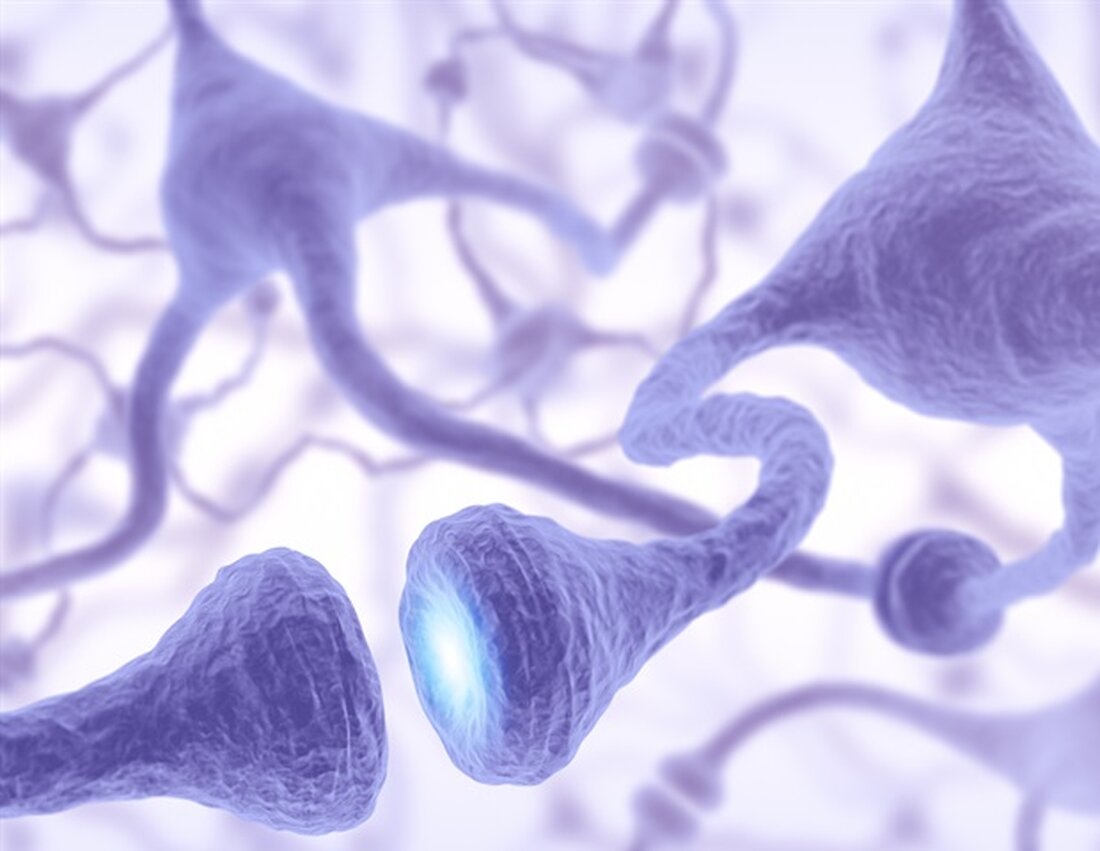New AI technology can help discover therapeutics for neurodegenerative diseases
A research group at Nagoya University in Japan has developed an artificial intelligence for analyzing cell images that uses machine learning to predict the therapeutic effects of drugs. This new technology, called in silico FOCUS, could help discover therapeutics for neurodegenerative diseases such as Kennedy's disease. Current treatments for neurodegenerative diseases often have serious side effects, including sexual dysfunction and blockage of muscle tissue formation. However, researchers looking for new, less harmful treatments have been hampered by the lack of effective screening technologies to determine whether a drug is effective. One promising concept is the “anomaly discrimination concept,” which means that neurons based on...

New AI technology can help discover therapeutics for neurodegenerative diseases
A research group at Nagoya University in Japan has developed an artificial intelligence for analyzing cell images that uses machine learning to predict the therapeutic effects of drugs. This new technology, called in silico FOCUS, could help discover therapeutics for neurodegenerative diseases such as Kennedy's disease.
Current treatments for neurodegenerative diseases often have serious side effects, including sexual dysfunction and blockage of muscle tissue formation. However, researchers looking for new, less harmful treatments have been hampered by the lack of effective screening technologies to determine whether a drug is effective. One promising concept is the “anomalous discrimination concept,” which means that neurons that respond to treatment have subtle differences in shape compared to those that do not. However, these subtle differences are difficult to see with the naked eye. Current computer technologies are also too slow to perform the analysis.
A group of professors from Nagoya University led by Associate Professor Ryuji Kato and Assistant Professor Kei Kanie from the Graduate School of Pharmaceutical Sciences and Professor Masahisa Katsuno and Assistant Professor Madoka Iida from the Graduate School of Medicine have developed a new artificial intelligence technology called developed in silico FOCUS. It analyzes the cell shape of model neurons and uses this information to assess whether they respond to therapeutic drugs. They published their results in the journal Scientific Reports.
The researchers tested the AI on a model of cells treated for Kennedy disease, a neurodegenerative disease that leads to the death of motor neurons. in silico FOCUS created a robust image-based classification model that demonstrated 100% accuracy in identifying the recovery state of model cells.
This technology enables highly sensitive and robust assessment of the effects of therapeutics by analyzing changes in the shape of diseased model cells versus those of healthy cells that we would not normally be able to distinguish. This is a highly efficient screening technology that can predict drug effectiveness by simply acquiring images, reducing the time required to analyze and evaluate drug effectiveness from several hours with several hundred thousand cells to just a few minutes. It enables highly accurate prediction of therapeutic effects without complicated and invasive experiments.”
Ryuji Kato, Associate Professor, Nagoya University
Kato concludes: “These results suggest the possibility of accelerating the development of new drugs, and we expect them to be widely used to discover therapeutic drugs for difficult-to-discover diseases.”
This research was supported by the FY2019 Nagoya University NU Cross-Departmental Innovation Creation Project.
Source:

 Suche
Suche
 Mein Konto
Mein Konto
